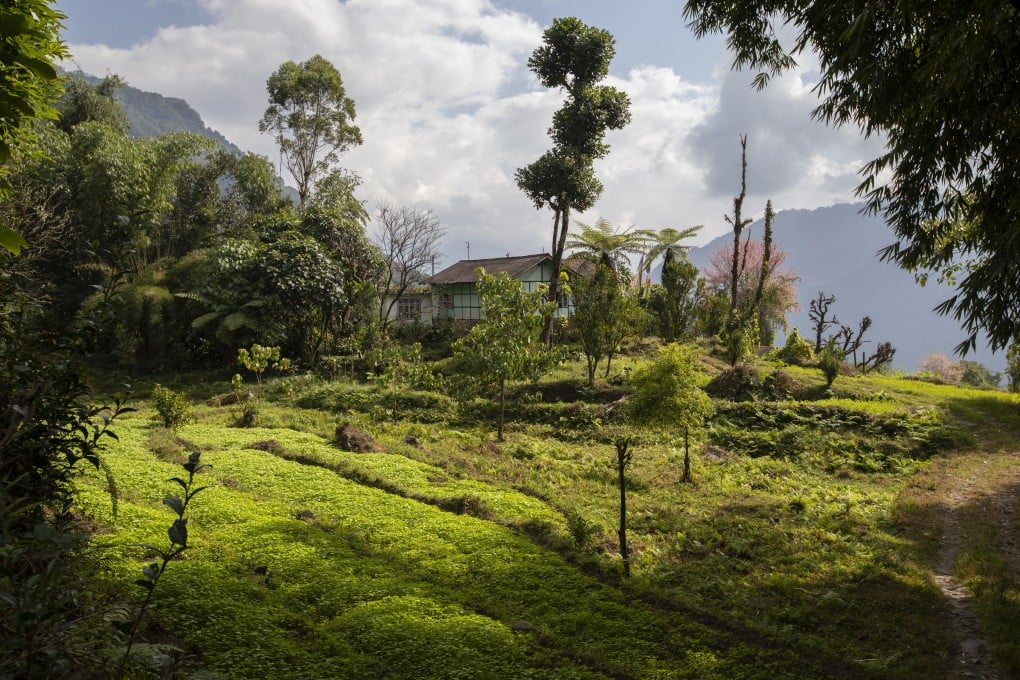Sikkim, in India: the world’s first fully organic state might not be able to feed the planet, but its model is still pioneering
- In 2003, chemical fertilisers and pesticides were phased out in Sikkim in the Himalayas and farmers were trained in organic agriculture
- Those efforts paid off, with local authorities citing an increase in wildlife and bee populations as success

The district of Dzongu, in the Indian state of Sikkim, is slumbering in thick morning fog when the chirping of birds signals the start of a new day. The humidity slowly evaporates, exposing a blue sky and forested hills that resound with crashing waterfalls. The sun won’t rise above the steep slopes for hours; when it does, it will reveal the snow-topped silhouette of Mount Kanchenjunga, the world’s third highest peak, in all its glory.
“This mountain is sacred to all Lepchas. We believe we were created by its snow,” says Tenzing Lepcha, a 39-year-old farmer and environmental activist. “Whenever one of us dies, anywhere in the world, his soul travels back to the mountain.”
Believed to be the earliest inhabitants of this land, the Lepchas used to call it Nye-mae-el, “paradise”. The name still seems appropriate for this former independent kingdom of 610,000 people, between Nepal, Bhutan and Tibet, lorded over by Himalayan peaks.
In 2008, Tenzing felt the calling of his motherland. He left behind a promising career as a footballer in Kolkata, along with the comforts of urban life, to return to Dzongu to take up farming.

“The industrialised world has followed the path of progress, but today, even Westerners are trying to go back to their roots,” he says, sitting on the wooden porch of his home, surrounded by plots of lush green leaves and glowing mandarins.
